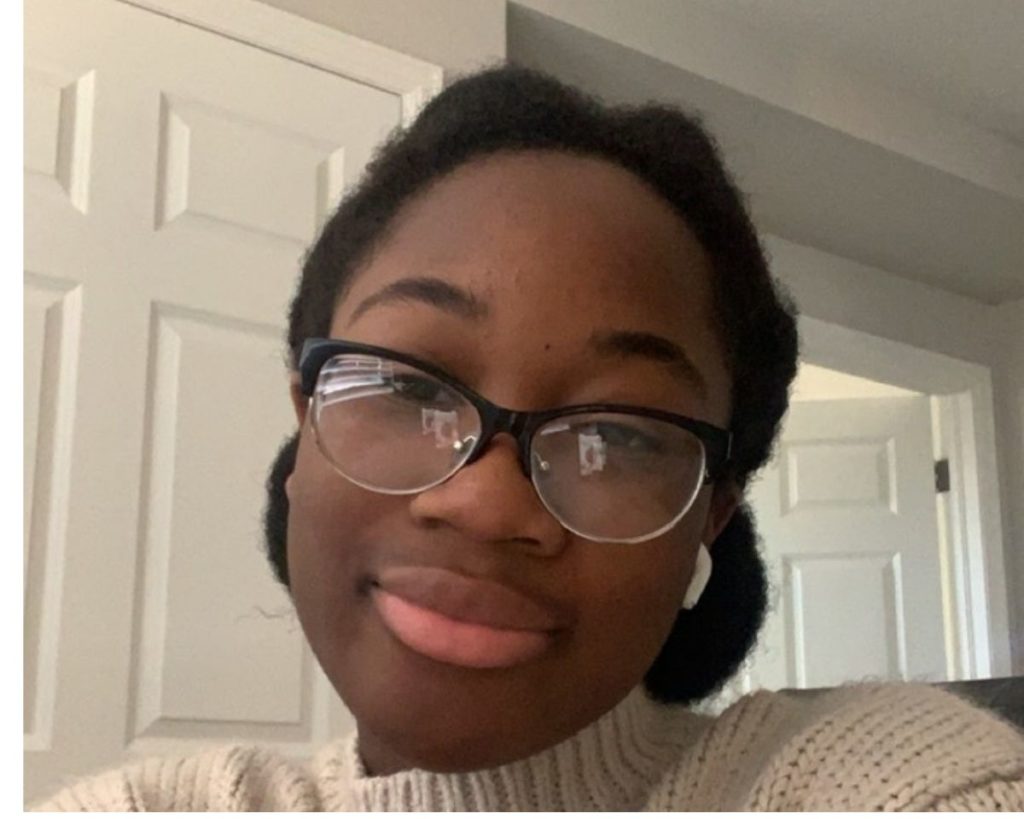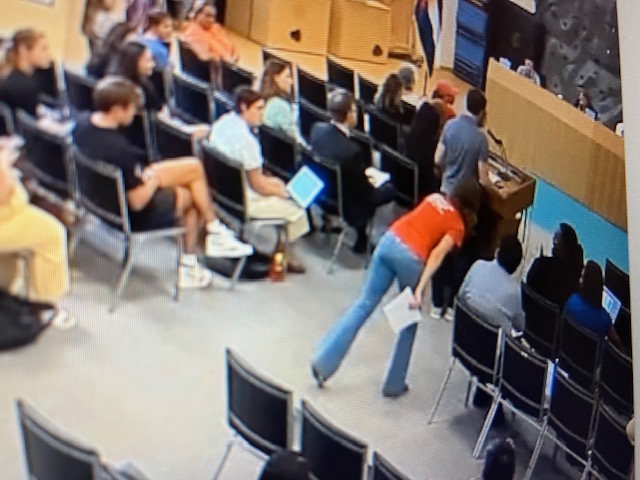Early conversations with Denver Public Schools parents and students participating in a research initiative point to the importance of individualized attention, regular communication, rigorous coursework, and strong mental health support as key elements of a high quality education.
The PEACE Collective (a coalition composed of Transform Education Now, FaithBridge, YAASPA, and various community members) and RootED Denver have teamed up with Drs. Brenda Allen, Sharon Bailey, Antwan Jefferson, Janiece Mackey, Jesús Rodríguez and Maria Salazar to conduct the community research. The research – expected to be finalized and released this summer – seeks to understand how Black, Brown, & Indigenous families and students in DPS conceptualize quality and equity in education.
Individuals in the community who have first-hand experience with DPS are participating in small-group virtual meetings. The overarching questions being asked of the participants are: What is the district doing to help you (or your student) succeed? And what should the district be doing?
Research participant Stacey Amidou, a sophomore at Collegiate Prep Academy in Denver’s Parkfield neighborhood, points to the opportunities afforded by concurrent enrollment college courses as important to ensuring she’s prepared to handle college-level work after graduation. This coursework wasn’t available to tenth graders at her previous school district, she said.
“I feel more prepared and it’s definitely going to help with my anxiety when I go off to college.” Amidou added that she sought out the more rigorous coursework, with guidance from her parents, and that some classmates miss out on such opportunities because they aren’t encouraged to pursue them.

TEN Parent Leader Fellow Dina Puente stresses strong communication and personal relationships with educators at her daughters’ schools – they attend KIPP and STRIVE-Prep public charter schools. “They have always been there for my children. But that goes on my part too, being a parent who is always reaching out to them and being involved, calling, texting, sending emails. But not every school in DPS has that. I know many families who do not receive the type of communication they really should to ensure their kids’ success.”
On the question ‘what should the district be doing to help you succeed?’ Amidou cited something highlighted as well by other families taking part in the research: DPS needs to increase mental health resources to students hurting because of the isolation brought on by the pandemic, as well as economic instability and food and resource insecurity.
Puente, who lives in far northeast Denver, said she is especially concerned about the alarming spike in neighborhood gun violence and gang activity in her community, and its impact over the short and long term on children. “Mental health supports are needed out here. I have seen over the last three years the changes that have happened out here in this area with the young people,” Puente said. “I think DPS needs to listen. How can our kids be successful in their school work if their mental health isn’t 100%?”
“This equity-driven research is essential for the development of a community-based definition of quality teaching and educational equity. This process allows us to hear silenced voices and identify Black, Brown, and Indigenous community needs and desires. It is the voices of historically marginalized communities that should guide the Denver Public Schools and their equity initiatives moving forward,” said University of Denver Morgridge College of Education Professor Dr. Maria del Carmen Salazar.
The equity and quality research project grew out of findings of the Family Decision Making report published in 2020 by the Denver Journal for Education and Community. The report identified the ways in which families of Denver Public Schools students make decisions about their children’s education and options for schooling. This helped to inform the district’s Reimagining the School Performance Framework (SPF) process on how schools are rated.
“We recognize the district and the students and families served by DPS are dealing with unprecedented challenges, including a superintendent search and a global pandemic. Now more than ever, it is critical to understand how families and students see education and what they need from it. Their needs must outweigh politics,” says TeRay Esquibel, PEACE Collective member and Executive Director at Ednium: The Alumni Collective.
The researchers, who mirror much of the ethnic diversity of the district, collaborated to determine how the inquiry would be conducted, and then finalized the questions to gain the most insight from the community. Some initial pilot conversations were conducted before launching into a series of community conversations.
The group hopes this research will help inform the Board of Education as it prepares to hire a new superintendent and as it develops the DPS 2030 strategy as well as the Re-imagined SPF dashboard process.
“The most important aspect of this project is hearing directly from students, family members, and alumni,” said Dr. Brenda Allen, author and retired Vice Chancellor for Diversity and Inclusion at the University of Colorado – Denver. “Their perspectives on equity and quality are crucial for developing strategies for student success.”
For more information on the PEACE Collective and the Equity Research Project, please contact Dr. Janiece Mackey, Co-Founder and Executive Director of Young Aspiring Americans for Social and Political Activism (YAASPA) at [email protected]




